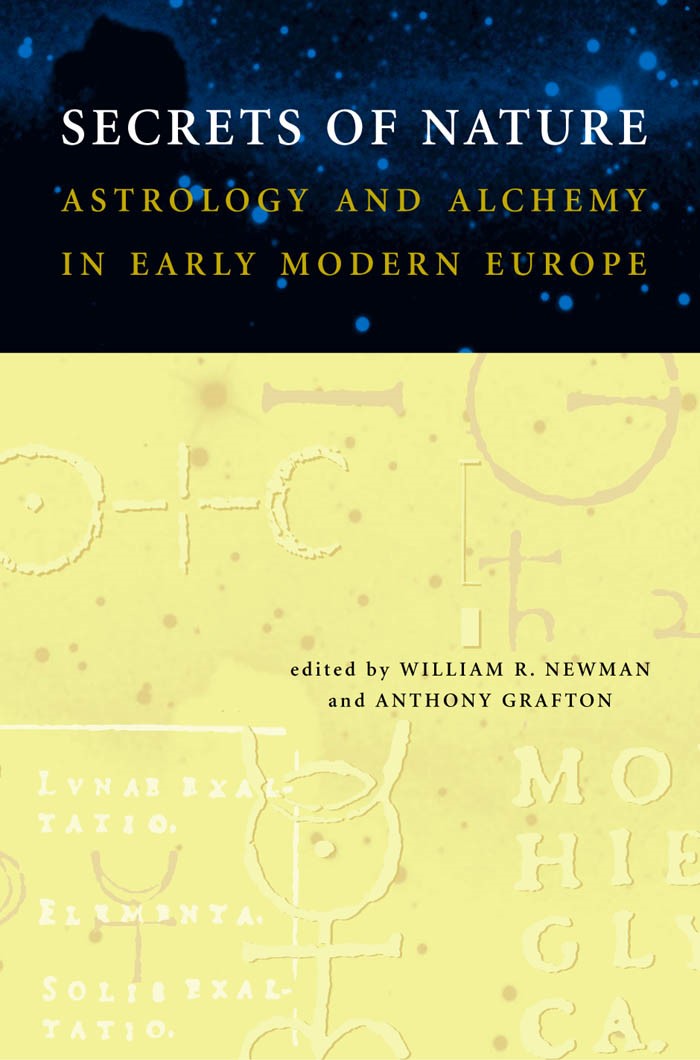

Most ebook files are in PDF format, so you can easily read them using various software such as Foxit Reader or directly on the Google Chrome browser.
Some ebook files are released by publishers in other formats such as .awz, .mobi, .epub, .fb2, etc. You may need to install specific software to read these formats on mobile/PC, such as Calibre.
Please read the tutorial at this link: https://ebookbell.com/faq
We offer FREE conversion to the popular formats you request; however, this may take some time. Therefore, right after payment, please email us, and we will try to provide the service as quickly as possible.
For some exceptional file formats or broken links (if any), please refrain from opening any disputes. Instead, email us first, and we will try to assist within a maximum of 6 hours.
EbookBell Team

5.0
88 reviewsIn recent years scholars have begun to acknowledge that the occult sciences were not marginal enterprises but an integral part of the worldview of many of our ancestors. Astrology was one of the many intellectual tools―along with what we consider to be the superior tools of social and political analysis―that Renaissance thinkers used to attack practical and intellectual problems. It was a coherent body of practices, strongly supported by social institutions. And alchemy was not viewed primarily as a spiritual pursuit, an idea popularized by nineteenth-century occultists, but as a part of natural philosophy. It was often compared to medicine.Many Renaissance writers suggested links between astrology and alchemy that went beyond the use of astrological charts to determine the best time to attempt alchemical operations. Secrets of Nature shows the many ways in which astrology (a form of divination) and alchemy (an artisanal pursuit concerned with the technologies of minerals and metals) diverge as well as intersect. Overall, it shows how an appreciation of the role of the occult opens up new ways of understanding the past. Topics include the career of Renaissance astrologer Girolamo Cardano and his work on medical astrology, the astrological thinking of Johannes Kepler and Galileo Galilei, the history of the Rosicrucians and the influence of John Dee, the work of medical alchemist Simon Forman, and an extended critique of the existing historiography of alchemy.